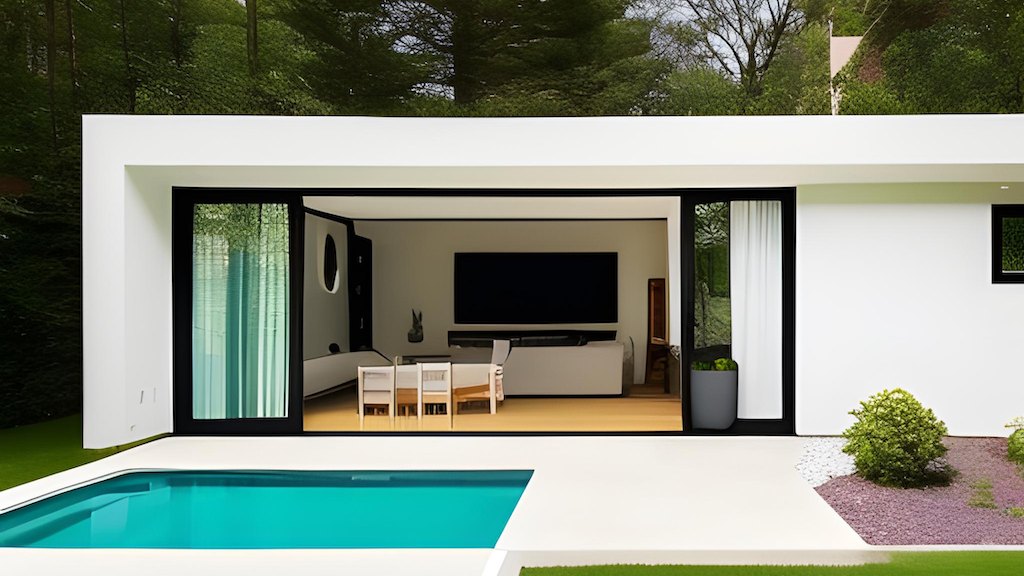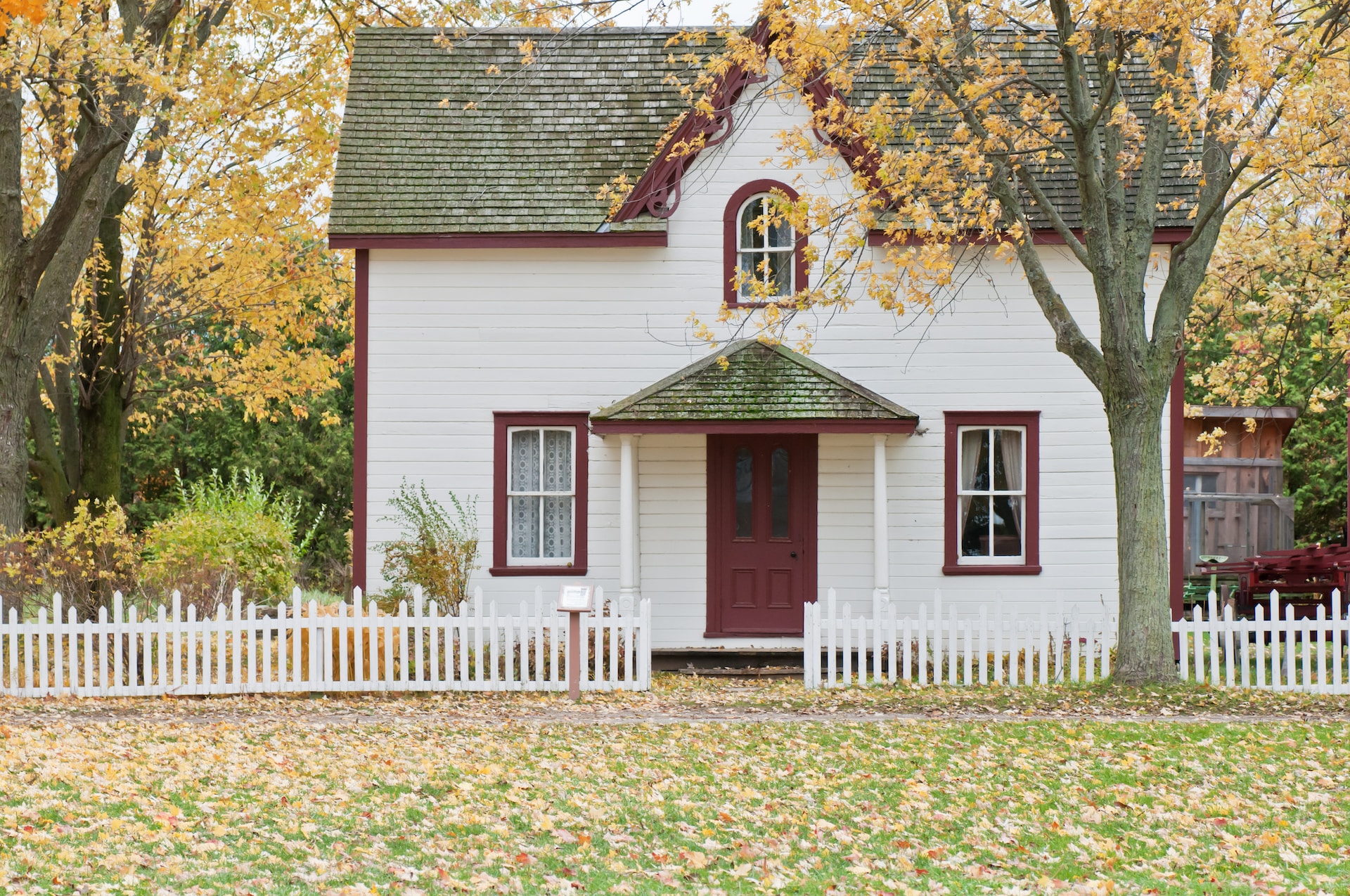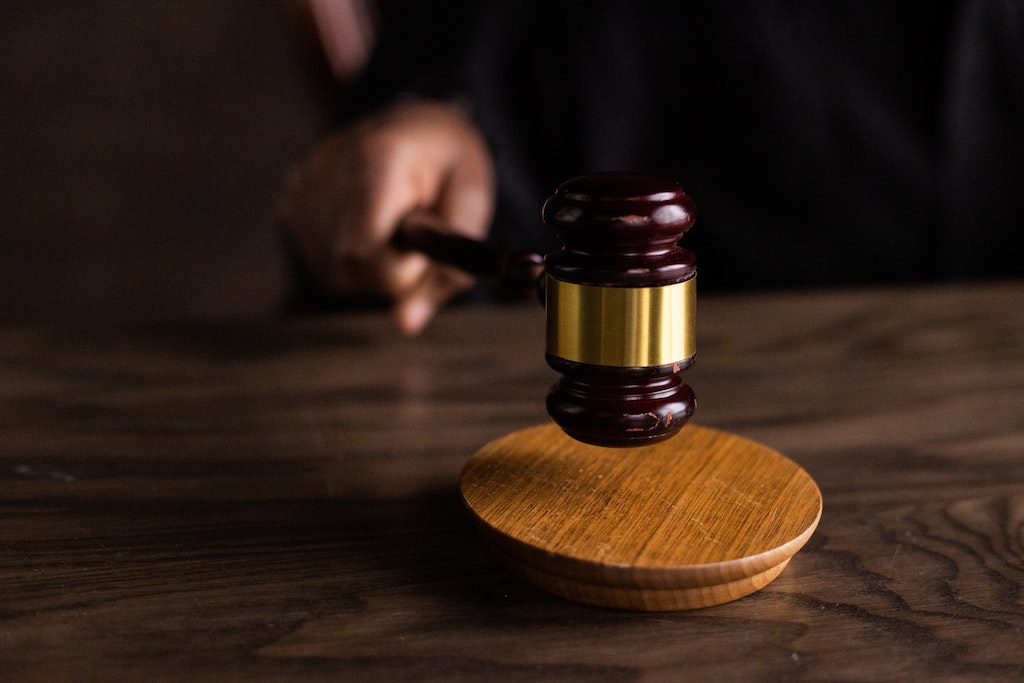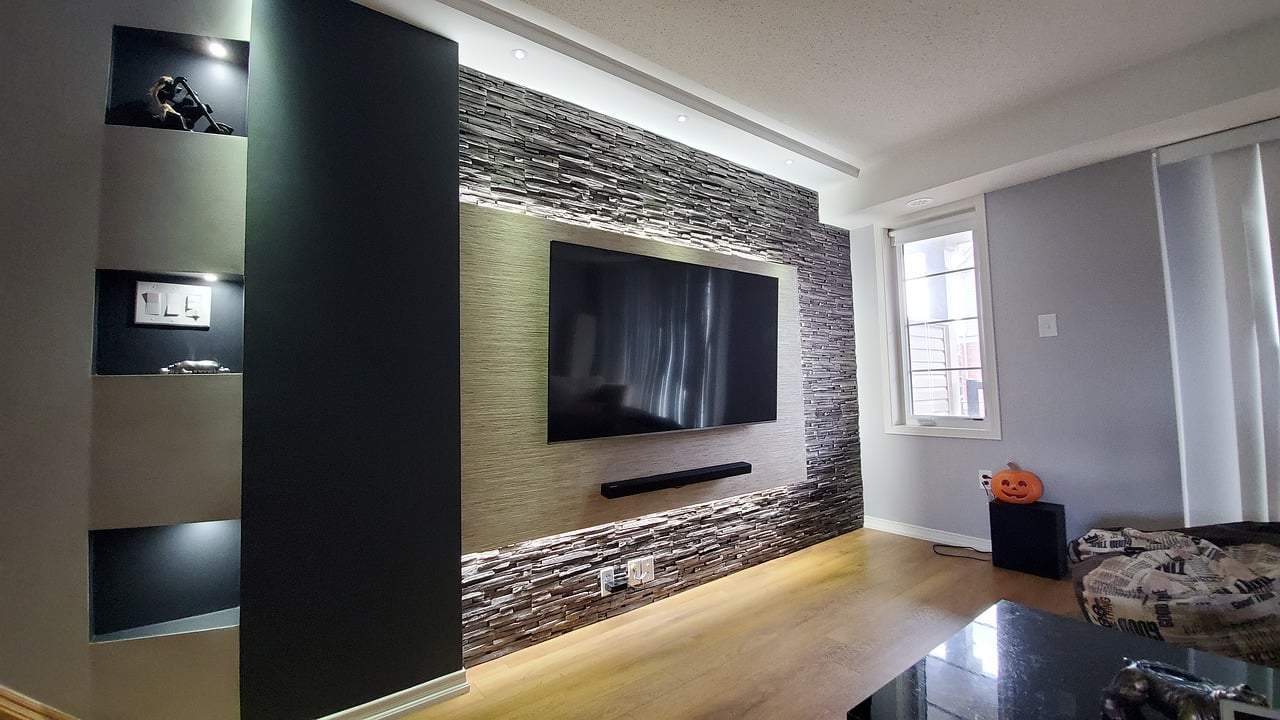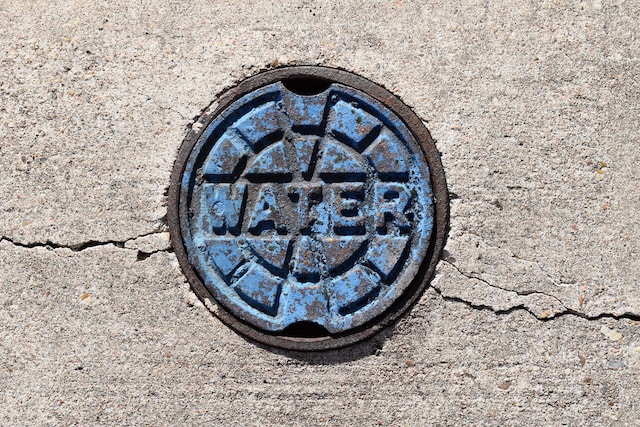The rise of the sharing economy has introduced an exciting new avenue for homeowners to monetize their properties. Platforms like Airbnb have transformed homes into lucrative vacation rentals, opening up a world of potential earnings. However, transitioning from a private residence to a commercial enterprise brings unique home insurance requirements. In this article, we will answer the question about Airbnb and home insurance, providing insights to help homeowners protect their property and guests effectively.
Home insurance coverage needs of Airbnb and vacation rentals
Renting out your home on Airbnb or as a vacation rental exposes you to various risks beyond those covered by typical homeowners insurance. These may include:
- Property Damage: With different guests coming and going, there’s an increased risk of accidental damage to your property. This could be anything from broken appliances to significant structural damage. A comprehensive insurance policy should ideally cover all types of property damage.
- Liability Claims: You could be held responsible if a guest gets injured during their stay. Therefore, you must have liability coverage protecting you from legal action.
- Theft or Vandalism: Hosting unknown guests also brings the risk of theft or vandalism. Insurance can provide coverage to replace stolen items and repair damages caused by guests.
- Loss of Income: If your property is damaged and needs repairs, you may need to block out booking dates, resulting in a loss of income. Some home insurance policies offer compensation for this lost income.
Local regulations and insurance requirements for vacation rentals
In addition to securing the right home insurance coverage for Airbnb rentals, you must be aware of local regulations and requirements that may impact their short-term rental operations. Laws and regulations surrounding short-term rentals can vary significantly depending on your location, and non-compliance can result in fines or other penalties.
- Zoning Laws: Some areas may have zoning restrictions prohibiting short-term rentals or imposing certain conditions on their operation. Check with your local government to ensure you operate within local zoning laws.
- Permits and Licenses: Some jurisdictions may require you to obtain a permit or license to operate a short-term rental. This process may involve inspections, fees, or adherence to specific regulations.
- Taxes: Operating a short-term rental may come with tax implications. You may be required to collect occupancy taxes, also known as hotel or lodging taxes, from guests and remit them to the local tax authority. Additionally, the income you generate from short-term rentals may be subject to federal, state, or local income taxes.
- Homeowners Association (HOA) or Condo Association Rules: If your property is part of an HOA or a condo association, you’ll need to check the rules regarding short-term rentals. Some associations prohibit short-term rentals altogether, while others may have specific requirements or restrictions.
Home insurance for Airbnb and vacation rentals
Typically, home insurance excludes commercial activities, including short-term rentals. However, some insurance providers offer to extend your existing home insurance to cover vacation rentals like Airbnb. This extension, often termed as an endorsement or rider, can provide coverage for property damage and liability related to short-term rentals.
The scope of coverage offered by these endorsements varies among providers. Discussing the details with your insurance provider to understand the extent of coverage and whether it fits your needs is vital.
Specialized Home Insurance Providers for Airbnb and Vacation Rental Hosts
Responding to the booming short-term rental market, some insurance providers offer specialized policies designed for Airbnb and vacation rental hosts. These policies typically provide comprehensive coverage, including:
- Comprehensive Property Damage: Coverage for accidental or intentional damage by guests.
- Liability Protection: Protection against liability claims from guest injuries or damage to neighbor’s property.
- Theft and Vandalism: Protection against theft or vandalism by guests.
- Loss of Income: Coverage for lost rental income if your property becomes uninhabitable due to covered damage.
Although these specialized policies may cost more than traditional homeowners insurance, their broad coverage can be highly valuable.
Considering Alternative Insurance Solutions
While we’ve discussed traditional homeowners insurance, Airbnb’s Host Protection Insurance, and specialized insurance providers, other insurance solutions are worth considering.
- Commercial Insurance: If you’re operating multiple vacation rental properties, it may be worth looking into commercial insurance policies designed for businesses. These can offer greater coverage limits and additional types of coverage, although they also generally come with higher premiums.
- Umbrella Insurance: An umbrella policy provides additional liability coverage beyond the limits of your homeowners or other insurance policies. This can be a useful addition if you have significant assets that could be at risk in a lawsuit.
- Separate Structures Coverage: If your property includes separate structures such as a guest house, pool, or shed, you may need additional coverage for these structures. Some insurance policies include separate structures coverage, but others may require you to purchase it separately.
- Additional Living Expenses (ALE) Coverage: If your property becomes uninhabitable due to a covered loss and you need to live elsewhere while it’s being repaired, ALE coverage can help cover those extra costs.
Airbnb’s Host Protection Insurance
Airbnb offers its own Host Protection Insurance, providing hosts with liability coverage of up to $1 million per incident. This coverage protects hosts against claims of property damage or bodily injury. However, it’s important to note the limitations of this coverage:
- It doesn’t cover personal property damage or certain types of liability claims.
- It doesn’t cover damage to common building areas for hosts renting out apartments or condos.
While Airbnb’s Host Protection Insurance is valuable in a host’s risk management strategy, it may not provide complete protection.
Choosing the Right Home Insurance: Key Considerations
Selecting the right home insurance involves careful evaluation of your property and potential risks.
- Property Assessment: Consider your property’s value, location, size, and rental frequency.
- Risk Evaluation: Identify potential risks, such as a swimming pool that could increase the likelihood of guest injuries.
- Policy Comparison: Compare coverage, premiums, deductibles, and claim settlement processes of various providers.
- Terms and Conditions: Understand coverage limits, exclusions, and the claim process.
- Customer Reviews: Consider insurer reliability, customer service, and claim settlement reputation
- Professional Guidance: Consult with an insurance professional for personalized advice.
Additional Considerations for Airbnb and Vacation Rental Hosts
Beyond insurance and compliance with local regulations, several additional considerations can impact your success and liability as an Airbnb or vacation rental host.
- Guest Screening: While platforms like Airbnb offer certain protections, it’s also important to do your due diligence when it comes to guest screening. Check guest reviews, communicate openly, and don’t hesitate to ask questions to ensure you’re comfortable with the people you’re letting into your home.
- Clear House Rules: Set clear expectations for guests by establishing house rules. This can include rules about smoking, pets, parties, noise levels, and more. Clearly communicated and agreed-upon rules can help prevent misunderstandings and potential damage.
- Property Maintenance: Regular maintenance is crucial to ensure your property remains in good condition and to prevent potential accidents that could lead to insurance claims. This includes everything from regular cleaning to timely repairs and security measures.
- Good Communication: Good communication with guests can help prevent many issues. Provide clear check-in instructions, local information, emergency contact numbers, and be available to answer any questions your guests might have during their stay.
- Emergency Preparedness: Ensure your property has safety measures like fire extinguishers, carbon monoxide detectors, and first-aid kits. Also, provide an emergency exit plan for your guests. These measures not only help protect your guests but can also limit your liability in case of an accident.
The advent of Airbnb and vacation rentals presents an exciting income opportunity for homeowners. However, it’s crucial to understand the unique insurance requirements of this venture. Whether you extend your current homeowners insurance or opt for a specialized policy, understanding and selecting the right coverage can offer peace of mind as you navigate this dynamic industry. It’s always prudent to stay updated with industry changes and adapt your coverage accordingly. With the right insurance coverage, you can protect your investment and provide a safe environment for your guests. After all, your home is not just a property, but a sanctuary for you and your guests.
